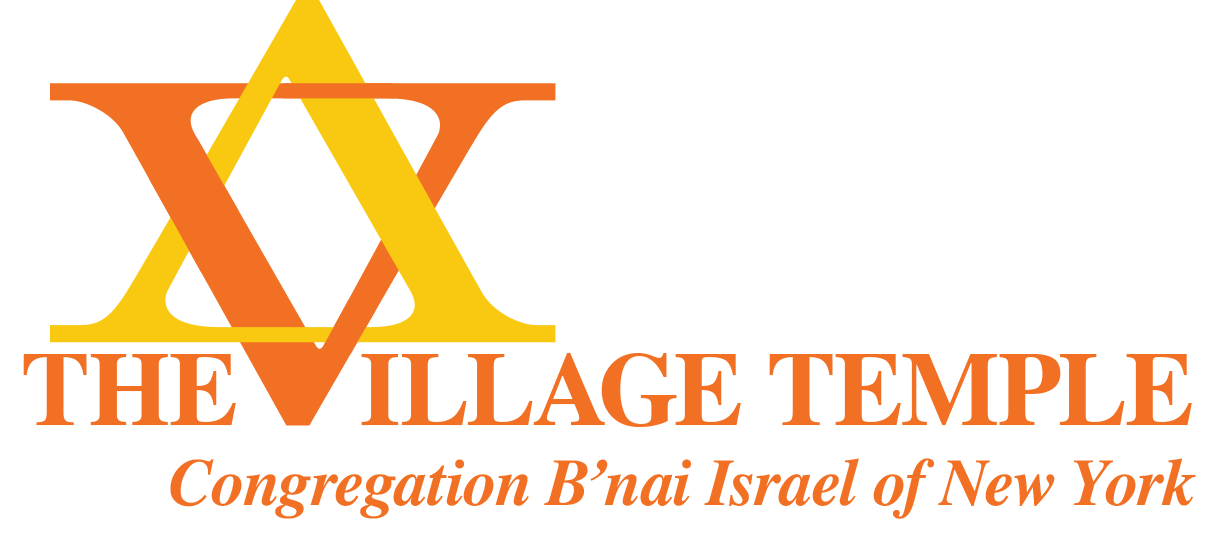Day 7: Thursday, March 28 – Dana Moriarty
Shalom,
It is our final day in Israel. Mixed emotions fill our bus as we prepare for Day 7 and the idea of returning to our lives at home. Our time in our beloved Israel has been amazing, exhausting, and intense—a trip we never envisioned before October 7th. As previously mentioned, our objective was to bear witness, learn, volunteer, and connect with the Israelis. Although this is our last day as a group working toward these goals, much discussion has been held about how we can bring back and effectively share the information and experiences we have been so fortunate to have had in Israel. The responsibility feels heavy and vital.
The day begins with a trip to the world-renowned Sheba Hospital in Tel Hashomer, near Tel Aviv. Sheba is the largest hospital in Israel and houses the IDF Rehabilitation program. Steve Walz, Head of International Media and Public Affairs, and pediatrician Dr. Yardena Koppel greet us. Dr. Koppel was one of 10 individuals selected to meet with President Biden during his solidarity mission to Israel after the Hamas massacre on October 7th. She was charged with expressing to the president the massive injuries and trauma she witnessed and treated. She also shared these experiences with us.
Getting a doctor's perspective and hearing her thoughts and feelings on that day was enlightening. Step by step, Dr. Koppel describes what she did and saw in the hospital on October 7th, from the moment she heard sirens and got her three children into their safe room to the frantic automated messages she got from the hospital calling in all staff, to the harrowing experience of treating babies who were “burnt alive.” Dr. Koppel emphasized that despite many years of intense trauma training, nothing could have prepared her for the injuries and emotional trauma she witnessed on October 7th.
Next, Steve Waltz, Sheba’s Global Media spokesperson, recounts his harrowing experience when his daughter Hadar called to tell him that his son-in-law, Tank Commander Elia Omer, had been wounded by a mortar and sniper in northern Gaza and was on the way to Sheba for treatment. Elia was taken to the operating room, and he spent more than a week unconscious and intubated in the ICU. He had shrapnel in his jaw and lungs, as well as a bullet near his liver. Elia was the first severely wounded soldier from the Gaza ground operation. Elia survived and has had numerous surgeries but is recovering. He was kind enough to come and speak with the group about his experience.
Elia was soft-spoken and modest, but his resilience was evident as he discussed missing his squad and asserting that he felt lucky to be fighting for his country. When asked what he would say to critics of Israel or the IDF, he said, “I don’t give a shit.” Elia explained that he witnessed the evil that Hamas did to the Israelis and believed he was fighting a war against evil. He also plans to go back to fight with his squad after his rehabilitation.
We also learned that Sheba was one of the hospitals that hostages were brought to after being released. Case manager Darya Bogdanov described the extensive preparations made for their arrival. They created a simulation center with actors and a home-like environment to maximize comfort. They witnessed family reunions and described the intense trauma the hostages and their families displayed.
Everyone we spoke to at Sheba thanked us numerous times for visiting and listening to their stories. They emphasized that they are a hospital that treats Arabs and Jews and that “politics are checked at the door.” The visit was emotional, challenging, and inspiring. Once again, we were reminded of the resilience and kindness of the Israeli people. This was our last site visit as a group. We left knowing that Israelis are committed to creating spaces for healing.
Following lunch, we head back to our hotel for a much-anticipated session with Dr. Einat Wilf, a leading thinker on Israel, Zionism, foreign policy, and education. She’s a former Israeli politician who served in the Knesset for Independence and the Labor Party. Wilf has written and spoken extensively, advocating for a pragmatic and realistic approach to Israel's foreign policy challenges. She has emphasized the importance of understanding historical contexts and the need for Israel to balance its security needs with diplomatic efforts to achieve regional stability. Dr. Wilf began her presentation with a question, “How did we get here, and how do we get out of here”?
Dr. Wilf’s historical knowledge is exceptional. She admits that with experience and information, some of her views have changed. She emphasizes that for the Jews, the essential point of principle is the creation of a sovereign Jewish State. For the Arabs, the essential point of principle is to resist to the last the establishment of Jewish sovereignty in any part of Palestine. She asserts that Palestinians have been clear about what they want all along. Her presentation, our last of the trip, was passionate and gave us a lot to digest.
Our final formal meeting was a debrief session to reflect on our journey. Rabbis Fersko, Hirsch, and Rifkin led the meeting. The previous day, we were given questions to focus on before the debrief. These questions were just a guide; we were encouraged to share whatever we wanted.
I notice …..
I appreciate…..
I wonder…..
I struggle with…..
The question I have…..
We went around the circle and expressed our thoughts and feelings. As we listened to each other, there were tears and laughter. Two separate congregations had merged into one. Finally, Rabbi Fersko led us in song, Shechechiyanu! It is now our charge to get the word out and share what we saw, learned, and connected to on our Israel trip.
That evening, we celebrated with delicious food and wine at Tetto, a restaurant in Yafo. It was a beautiful evening.



